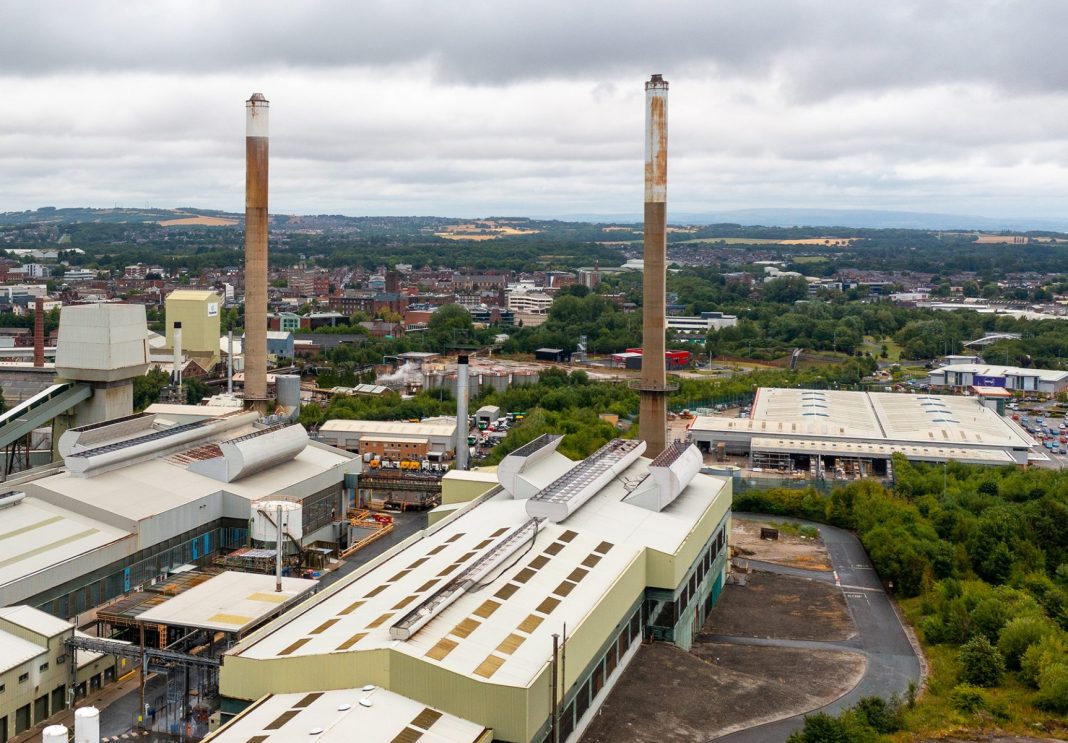Nearly 200 years of glassmaking history is about to end when Pilkington UK closes its Watson Street, St Helens, site as part of a £multi-million upgrade.
Production at the site where Sir Alastair Pilkington invented the modern float glass process in 1826 will be consolidated into the company’s Greengate site where flat and rolled glass will now be produced in a single, upgraded furnace https://www.the-glazine.com/?p=9074 .
The move, partly funded by £3.7million of government grant, will also save 15,000 tonnes of CO2 emissions annually.
In 2022, the Science Based Targets initiative (SBTi) certified parent group NSG’s aims to reduce greenhouse gas emissions by 30% by 2030, compared to 2018 levels. This forms the basis of the business’ plan to achieve carbon neutrality by 2050.
This latest move follows other work by Pilkington to reduce the emissions of its operations. Recently, it completed several world-first trials of low carbon biofuel and zero carbon hydrogen fuels to fire its glass furnace https://www.the-glazine.com/?p=5381 . The trials ran in collaboration HyNet, a decarbonisation project working to promote the use of low carbon and hydrogen energy across the North West and Wales.
Pictured: The Greengate plant which will now house the production of both flat and rolled glass.












